I am working with angularjs and the angularjs bootstrap ui (http://angular-ui.github.io/bootstrap/).
I want to use the datepicker directive (http://angular-ui.github.io/bootstrap/#/datepicker).
I am getting a string value from a database
2015-07-30 15:10
Angular wants to have a date object as model but I wasnt able to create a date object with that string. the error I get is
Error: [ngModel:datefmt] http://errors.angularjs.org/1.4.3/ngModel/datefmt?p0=2015-07-30
Can anyboy help me create a date object in angular with a string which has this format -> YYYY-MM-DD
more Information: the string is in my scope
$scope.event.startdate
and I am splitting it in date, hours and minutes.
$scope.startpoint = {
date: $scope.event.startdate.substring(0, 10),
hours: $scope.event.startdate.substring(11, 13),
mins: $scope.event.startdate.substring(14, 16)
};
The database is MongoDB
Thank you Adrian
